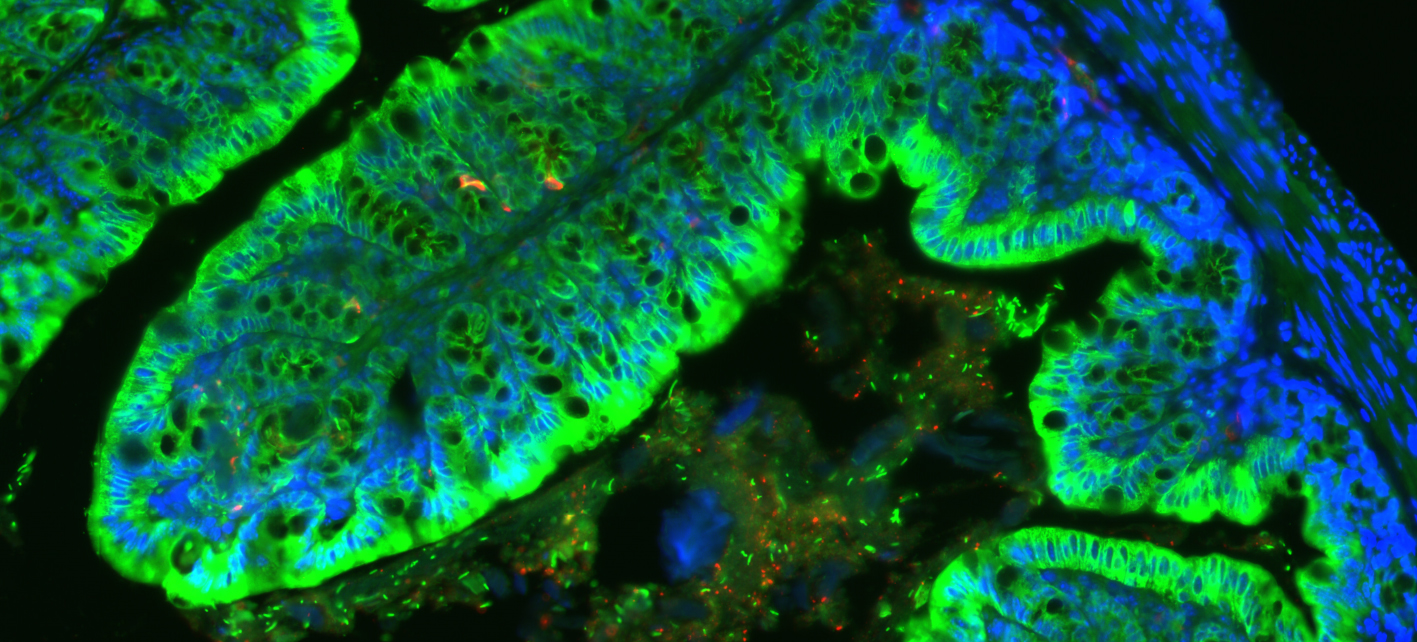The abundant presence of a certain bacteria in our intestine, Akkermansia muciniphila, to give it its full name, is an excellent sign according to metabolism and nutrition specialist prof. Patrice Cani. With his team, they discovered the role of these bacteria in reducing cardiometabolic risk factors - like insulin resistance or hypertension – that are leading causes in the development of cardiovascular diseases and type-2 diabetes.

Intestines are one of the most important organs in the human body. Also known as “the second brain”, they host the majority of our immune cells. In the past decade, the occurrence of chronic diseases like type-2 diabetes or hypertension has dramatically increased. In Europe, an estimated 66 million people had diabetes in 2017, and 1, 9 million European Union citizens died of cardiovascular diseases in 2016. These conditions are characterised by metabolic inflammation – the activation of the disease by a high concentration of chemicals produced by the immune system.
The causes of these metabolic alterations are still not fully understood. However, researchers at UCLouvain found that a specific type of bacteria plays a central role in regulating the host’s energy metabolism. Naturally found in the human digestive tract, A. muciniphila’s role was discovered serendipitously. Although first identified and isolated in 2004 by Prof. Willem de Vos from Wageningen University, Prof. Cani highlighted the bacteria’s metabolic virtues only in 2007.
With the ERC support, he found that the abundance of A. muciniphila had the same beneficial impact of a caloric restriction diet on cardiometabolic risk factors. He designed a protocol for clinical trials on subjects at risk of developing metabolic disorders and started a pilot study in 2016. During this period, volunteers received the bacteria in the form of a nutritional complement for three months. The analysis of the data will be published in summer 2019, and if they are positive, A. muciniphila could be available on the market by the end of 2021 through the Belgian spinoff company “A-Mansia Biotech”.
Biography
Patrice D. Cani is a professor at the Université Catholique de Louvain (UCLouvain) in Brussels where he co-leads the Metabolism and Nutrition research group (MNUT). Prof. Cani holds a bachelor’s degree in dietetics, a master’s degree in Health Sciences and a master’s degree as well as a PhD in Biomedical Sciences. His field of interest lies in the interaction of gut microbiota with the host and specific biological systems, such as the endocannabinoid system and the innate immune system in the context of obesity, type-2 diabetes, metabolic inflammation and cancer.





